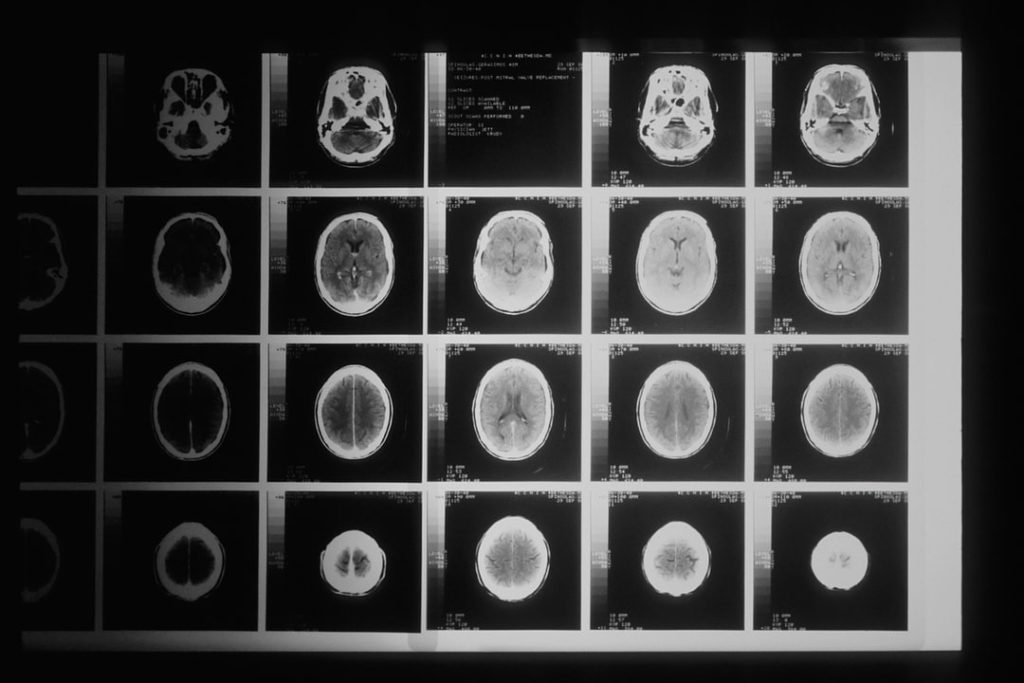Content reviewed by Christian Losch, LCSW, LCADC, CEO of Pinelands
The brain is the most complex organ in our body. It regulates essential functions, such as breathing or keeping your heart beating and allows you to interpret and respond to external stimuli. Your brain gives you the ability to interact with your environment and make vital connections in your life. A healthy brain is essential to fully experience and take in the world around you.
Substance use of any kind inevitably impacts the brain on many levels. Although every drug produces varying, subjective effects on the brain and body, the use of chemical substances ultimately changes and rewires brain functioning. When substance use is repeated or becomes chronic, the brain begins to rely on substance use to feel “normal.” It is essential to understand the many ways that drug use impairs brain functioning so that you can become better educated on the long-term consequences of drug use.
A healthy, sober brain is motivated by natural rewards.
To better understand how drug use affects the brain, it may be helpful to familiarize yourself with how a healthy brain functions normally. The brain is comprised of billions of tiny cells called neurons that are organized into special circuits and networks. These circuits and networks are responsible for carrying out specific brain and body functions.
Neurons communicate with other neurons by releasing neurotransmitters known as chemical messengers. These messengers attach to receptors on receiving neurons which cause the receiving neuron to change. The altered neurons influence circuits and networks, which carry out specific tasks. Networks of neurons act as switches to control how information flows throughout the mind and body.
One of the most critical circuits in the brain is the reward circuit, which motivates our behavior. A healthy, sober brain is inspired by natural rewards, such as eating or having positive social interactions.
Repeated drug use impairs the brain’s reward circuit.
The first time an individual uses a substance, the brain is flooded with a surplus of dopamine. Dopamine is an essential neurotransmitter connected to the brain’s reward circuit. It is responsible for influencing motivation and emotions and identifying pleasurable experiences. When drug use affects dopamine levels, it can cause long-lasting changes to normal brain functioning.
First, the brain and body will begin to prefer substances over natural reward. This event will likely motivate an individual to engage in repeated drug use to achieve those newfound, intense feelings of pleasure. As a result, drug-seeking and drug-using behavior will also increase. Eventually, the brain will reduce its ability to feel joy without substance use and start to depend on drug use to feel “normal.”
Substance use affects all parts of the brain.
Drug use does not only affect the brain’s reward circuit. Since substance use causes dopamine surges, other neurotransmitter messages get lost in translation. More than 40 neurotransmitters in the human body are significantly affected by drug use.
Additionally, drug use specifically impairs brain areas associated with:
- An individual’s ability to cope with emotional distress, such as anxiety
- An individual’s ability to make sound judgments and decisions
- An individual’s ability to make important connections or train memory
- An individual’s ability to have self-control
Not only is an individual’s brain affected by drug use, but it also compensates for drug-using behavior through the experience of withdrawals. Drug withdrawals can be both physical and psychological and can cause long-lasting emotional distress for an individual. While recovery is about working to secure long-term sobriety, more importantly, it is about learning to manage uncomfortable triggers and cravings that the brain develops to motivate drug-use behavior.
Every drug has different long-term consequences on the brain and body.
It is essential to recognize that every drug will have different consequences on a person’s subjective makeup, similar to how some people develop addiction quicker than others.
Repeated marijuana use, for example, can impair motor skills, decrease memory, distort time and sensory reception and cause long-lasting alterations in mood. Marijuana does this by fooling the brain receptors and activating nerve cells as it mimics natural neurotransmitters. This result is problematic though, as it causes abnormal messages to be sent throughout the brain and body. Cocaine and other stimulants can also cause issues with neuronal communication as messages can be exaggerated or flooded.
Many factors play a role in how severe the consequences of drug use may be on the brain. These factors include, but are not limited to:
- Personal chemistry
- Substance of choice
- The intensity of substance use
- Frequency of substance use
- Route of administration of a substance
Pinelands Recovery Center of Medford is a drug and alcohol treatment center that recognizes the importance of substance use and recovery education. We will not only help you to achieve and maintain sobriety, but we will also educate you on what to expect from the consequences of your drug use as you work through your healing into recovery. For more information about the treatment programs we offer, call us today at (877) 557-5372.
